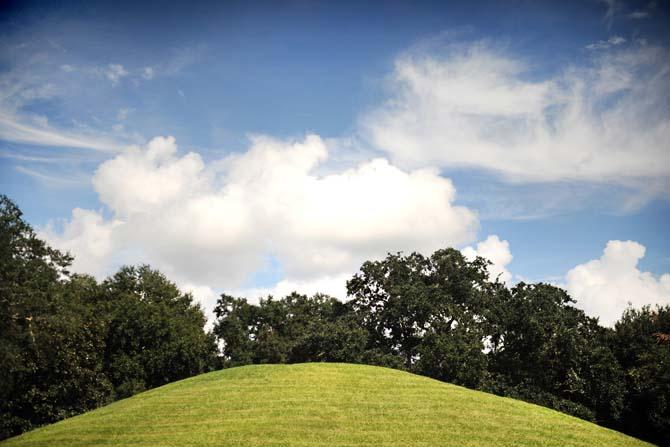For those out there who are not ready to “spring forward” this Sunday, I am right there with you. The wonderful daylight saving time, that fantastic day where you lose an hour of sleep, is right around the corner.
There always seems to be controversy when the topic of daylight saving time is brought up. The idea of daylight saving first became popular in America when Benjamin Franklin wrote about it in an essay called “An Economical Project.” Franklin explained the need for daylight saving time, saying it would benefit farmers and make the days last longer. Ever since then, the United States has gone back and forth with it, before officially making it a law in 1966.
Now, I love sunshine and whenever there is an opportunity to get more of it, count me in. My problem is not really about springing forward or falling back in November, it is the idea that we have to have both of these. I think daylight saving should be year-round, with no more of this gaining an hour or losing an hour nonsense. One time should fit all.
Some states in America seem to agree with my idea. Recently, Florida Sen. Marco Rubio proposed a bill called the “Sunshine Protection Act.” The goal is to shift the entire country to daylight savings time permanently.
Additionally, states already have the option to completely disregard daylight saving. States such as Arizona and Hawaii have already done just that. American territories such as Puerto Rico, American Samoa, Guam and others also do not observe it. Many people seem to be tired of the concept of switching our clocks twice a year, so more change around the country could be possible. The discontent even reached the President’s Twitter last year when Trump tweeted, “making Daylight Saving Time permanent is O.K. with me!”
In arguing for a permanent daylight saving time around America, I should inform everyone of the benefits. According to the Department of Energy, daylight saving time saves “0.5 percent in total electricity per day.” Although that may not sound like a lot, it sure does add up. Another advantage to more sunlight is a decrease in car accidents. There is an 8-11% reduction in crashes involving pedestrians, according to the Department of Transportation. The exact opposite happens when we lose an hour of daylight in the fall; there are more accidents reported.
However, we should try not to be too negative about daylight saving time. Once the clock strikes 2 a.m. Sunday and we lose an hour of sleep, I would advise everyone to think about the change in a positive way. We gain an extra hour of sunlight. Let’s all try to use the extra light to our advantage and enjoy it because soon we will be “falling back” into shorter days again.
There are so many divisive things going on in politics right now, but I think the idea of making daylight saving time permanent is something everyone can get behind. No one likes messing up their schedules twice a year in the name of daylight saving.
Elizabeth Crochet is an 18-year-old political communication freshman from New Orleans, Louisiana.
Opinion: Daylight saving time should be permanent, we shouldn’t have to change our clocks twice a year
March 6, 2020
One of LSU’s famous Indian Mounds is bathed in sunlight Wednesday, Oct. 2, 2013 while clouds float overhead.





